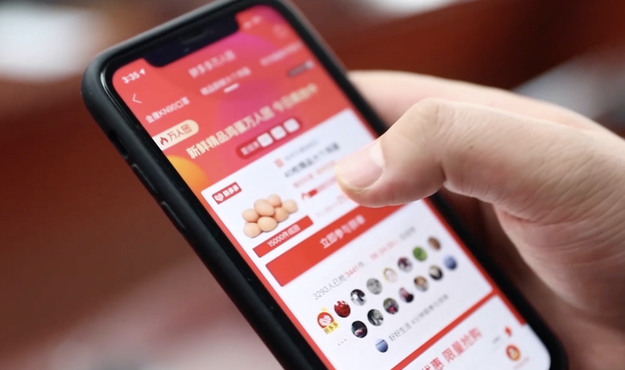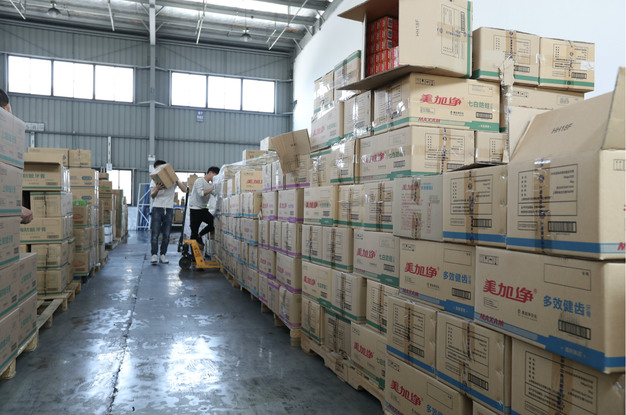China’s agriculture industry is poised for a “step change” in productivity and efficiency with the proliferation of the mobile internet and ultrafast 5G access, according to Pinduoduo, one of the country’s largest agriculture platform.
Internet penetration in rural areas surpassed 50% for the first time as of the end of last year, with 99.7% of online users accessing the internet using their mobile phones, according to official data. China aims to complete the construction of its 5G network by 2025, which would lay the foundation for widespread adoption of precision farming.

“We see opportunities of a step change with the widespread use of mobile payments and the mobile internet. One very obvious opportunity with enormous potential is that of agriculture,” said Chen Lei, Chairman and CEO of Pinduoduo. “On the whole, China’s agriculture industry has benefited much less than other industrial sectors from the Internet. There is still a lot of room for development in terms of upgrading agricultural production, circulation and sales.”
Pinduoduo doubled the sales of agricultural products on its platform last year to more than 270 billion yuan ($42 billion), connecting 12 million farmers directly with consumers. The company is training farmers to sell their produce online, building a fast and low-cost logistics platform for agricultural products, and investing in food safety, precision farming, and food technology.

One of its newest businesses is Duo Duo Grocery, an overnight, pickup service that shortens delivery times from farm to fork from a few days to less than 24 hours by predicting and matching local demand with local suppliers. By enabling local-to-local commerce at scale, Duo Duo Grocery is reducing costs by cutting transportation time and lowering food waste. Globally, the deployment of 5G could add $2 trillion in annual connectivity boost by 2030 in the mobility, health care, manufacturing, and retail sectors, according to McKinsey Global Institute. In agriculture, 5G’s ultrafast speeds and near-real-time responses will enable precision farming by linking up wireless sensors, automatic irrigation systems, agricultural drones, and other smart devices used in farm management.
A taste of that future can already be had in Hongshan Village in Chongqing. Orange farmers there used to have to be in their orchards all day to water the trees, especially in August at the height of summer. Now, with 5G connectivity, the farmers can complete the task remotely via a monitoring and control system tied to their smartphones. They can control the watering system in the orchard with a simple click on their smartphone.

“Compared with urban residents, Chinese farmers have not fully enjoyed the dividends of the Internet,” Chen said. “We have the opportunity to invest heavily over the long term to upgrade the technology underpinning the entire agricultural production and supply chain, thereby creating value for both consumers and agricultural producers.”
